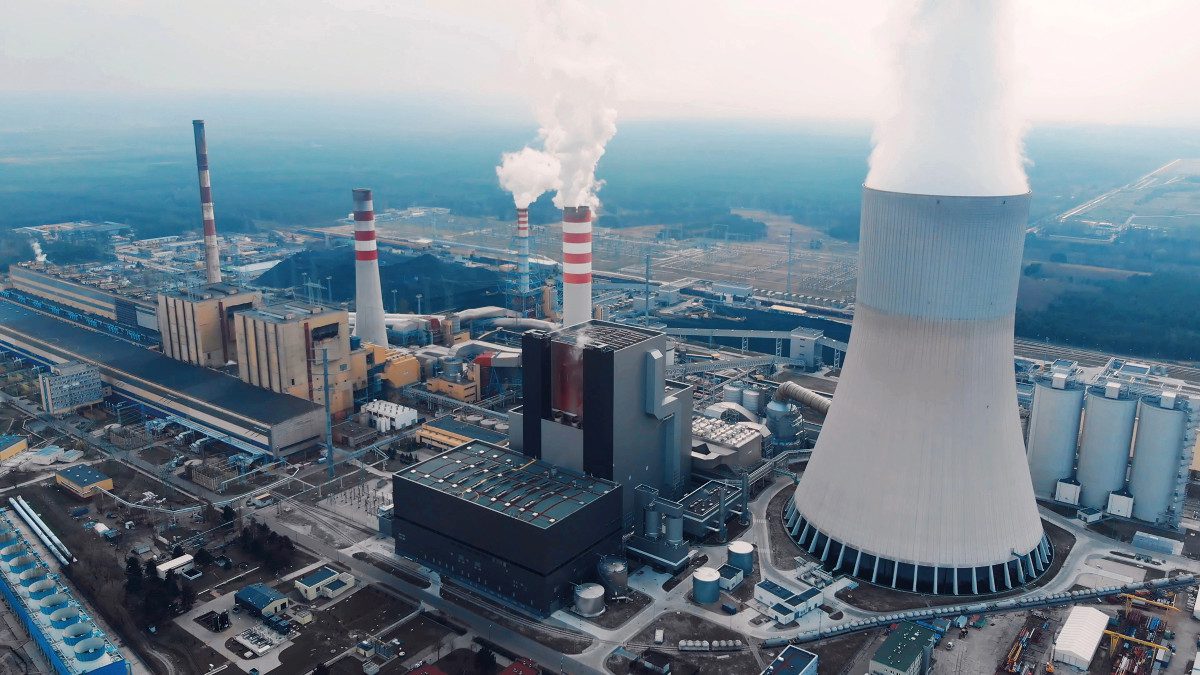
It was both a success and a missed opportunity, and blah blah blah – readers will be well-versed in the platitudes and endless “more must be done” variants that pepper politicians’ speeches after the more-or-less annual UN Climate Change Conference. This one – the 27th – seemed not to depart radically from the standard script.
There were “important signals” in the final text, noted University of Cambridge Professor of Climate Change Policy Laura Diaz Anadon, including support for a loss and damage financing fund for developing nations, and this seemed to be the talking point that hogged the headlines. But there was little sign of detail on how it would work and how it would be funded.
“Given that climate finance pledges made in Paris have not yet been met, there are real questions that need to be answered about credibility and trust.”
IEMA’s CEO Sarah Mukherjee also noted “new commitments on emissions reductions and renewable energy”, and of course, she added “the significance of Brazil’s return to the world stage as a climate leader cannot be overstated.”
“The world needs to cut global emissions by 50% in 7 years’ time,” observed Professor Johan Rockström, Director of the Potsdam Institute for Climate Impact Research, “yet in Sharm, we still battled over whether we are phasing down or out coal and weren’t willing to talk about fossil fuels.”
His conclusions seemed to signal a dwindling of hope in the political process. “While 1.5°C is a scientific necessity and potentially physically possible, COP27 shows that it is politically dead.
Nonetheless he said he believed that the COP process “is important and must continue,” but that it must be reformed. “There is nothing left to negotiate – in terms of text. All is in place. Now the COP meetings must focus on delivery – reporting on progress, accountability, exchange with stakeholders, and ratcheting up plans according to scientific necessity.”
As with other COPs, this event struggled to present a clear picture of where the money will come from, and as Mark Maslin, Professor of Earth System Science at UCL noted, significant amounts will have to be coughed up for adaptation, loss and damages, and a rapid ramp-up of renewables.
“In many ways, ambition under climate treaties has moved backwards,” said Brian O’Callaghan of the Oxford Economic Recovery Project, based at the University of Oxford, referencing the commitment made at the first COP, in 1992, for developed countries to pay for all forms of mitigation and adaptation (see original UNFCCC text, 1992 Article 4 Paragraph 3, and Article 4 Paragraph 1).
‘Today, developed countries do all that they can to avoid that promise.
“The multilateral system is based on trust – every year developed countries are eroding that trust.’
Professor Lavanya Rajamani, Professor of International Environmental Law at the University of Oxford, seemed to feel that even the wording of the Loss and Damage fund part of the text was suspect. “A careful reading of and between the lines of the text makes it clear that the Loss and Damage fund is not a ‘climate justice’ mechanism that will result in rich countries compensating vulnerable countries for the loss and damage they are increasingly suffering, because of a problem they did not create and can play little part in resolving.
“It is a mechanism that recognises their need for support but does not generate an obligation on developed countries to provide such support. Instead, it opens conversations on ‘innovative’ sources of financing, expanding the donor base and determining who is ‘most vulnerable’ and therefore deserving of support.”
Richard Smith of Sandstone Law commented, “It has been described as a historic break-through, where developed countries will help undeveloped nations affected by flood and drought, but it is only the establishment of a ‘fund’ in principle.”
“We will need to wait another year to find out which countries are willing to contribute to it and by how much. None of that detail was agreed at all. If Trump becomes President of the United States again in 2024, would America pay anything?”







